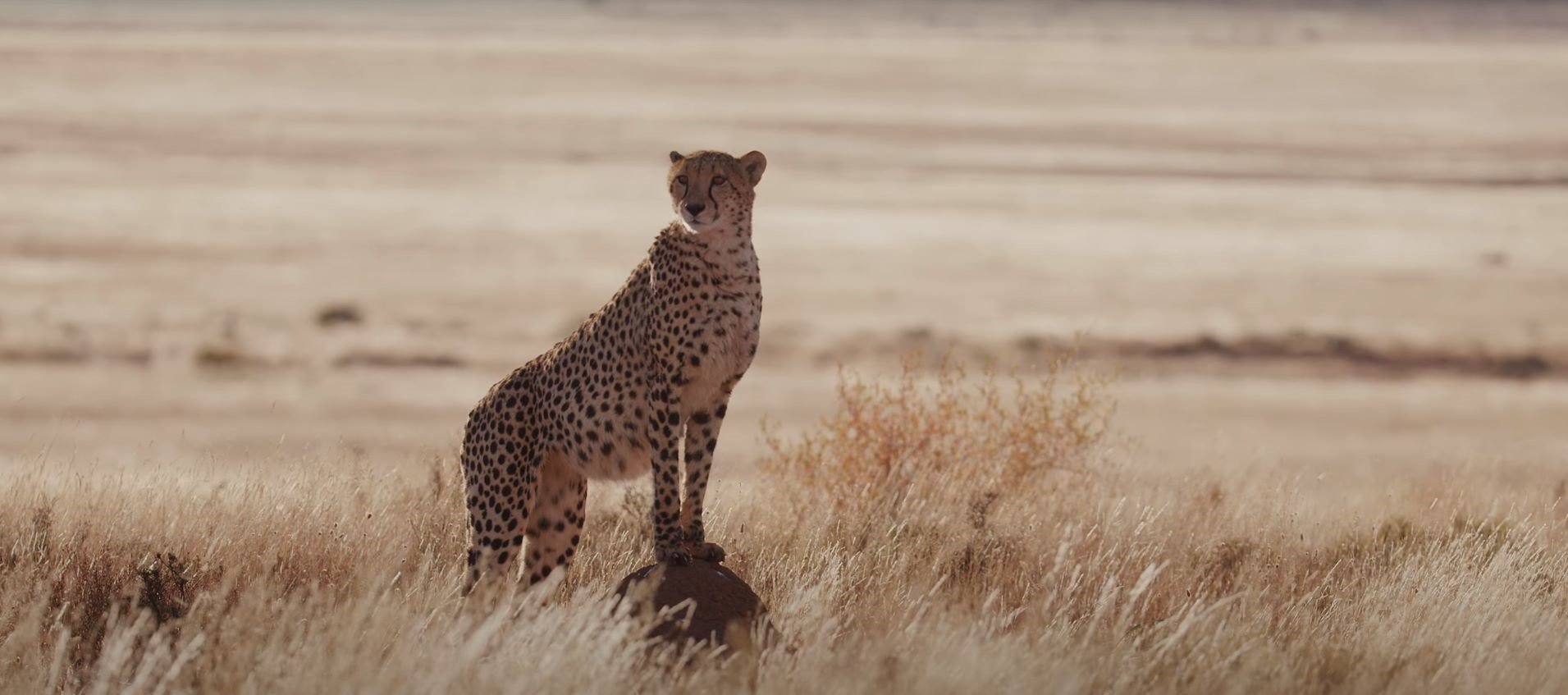
12 Cheetahs
“Personally, I look upon the cheetah as being a fine, bold, sporting type of animal, and although he may lack a good deal of interest which is lavished - for inadequate reasons, as I think - upon such better-known-forms as the lion and the leopard, I am far from sure that he is not infinitely worthier of it, and that if he were better known he would be much more highly esteemed.”
- Reginald Charles Fulke Maugham 1914, Zambezi Delta.
To Conserve for and Inspire Future Generations
Blessed with a deep love for the outdoors and a steadfast faith that the created world is a gift, Dick and Mary started the Cabela Family Foundation to ensure future generations could be awed and inspired by those same people, places, and creatures that filled their lives with so much meaning.
Dick and Mary Cabela created The Cabela Family Foundation because they shared a passion for their faith, their family, and the outdoors. These three things defined their lives and gave meaning to everything they did. With The Cabela Family Foundation they hoped to ensure future generations would have the opportunity to experience those same wild places and creatures that filled their lives with so much meaning.
The Cabela Family Foundation’s mission is to create and build partnerships and projects that promote outdoor recreation, conservation, and charity toward others.
The Cabela Family Foundation supports projects and organizations throughout the world. These include, but are not limited to projects like Twenty-Four Lions and Twelve Cheetahs, educational programs like Hard Truths of Conservation and The Wild Harvest Initiative, and partnerships with organizations like Boy Scouts of America, The Ivan Carter Wildlife Conservation Alliance, and Zambeze Delta Conservation.
“Science can tell us what a river is, how it works, and it can touch on the why, but no scientific explanation can adequately explain the way the sound of a river can remind you of hope. These truths remind us why wild places are important.”


